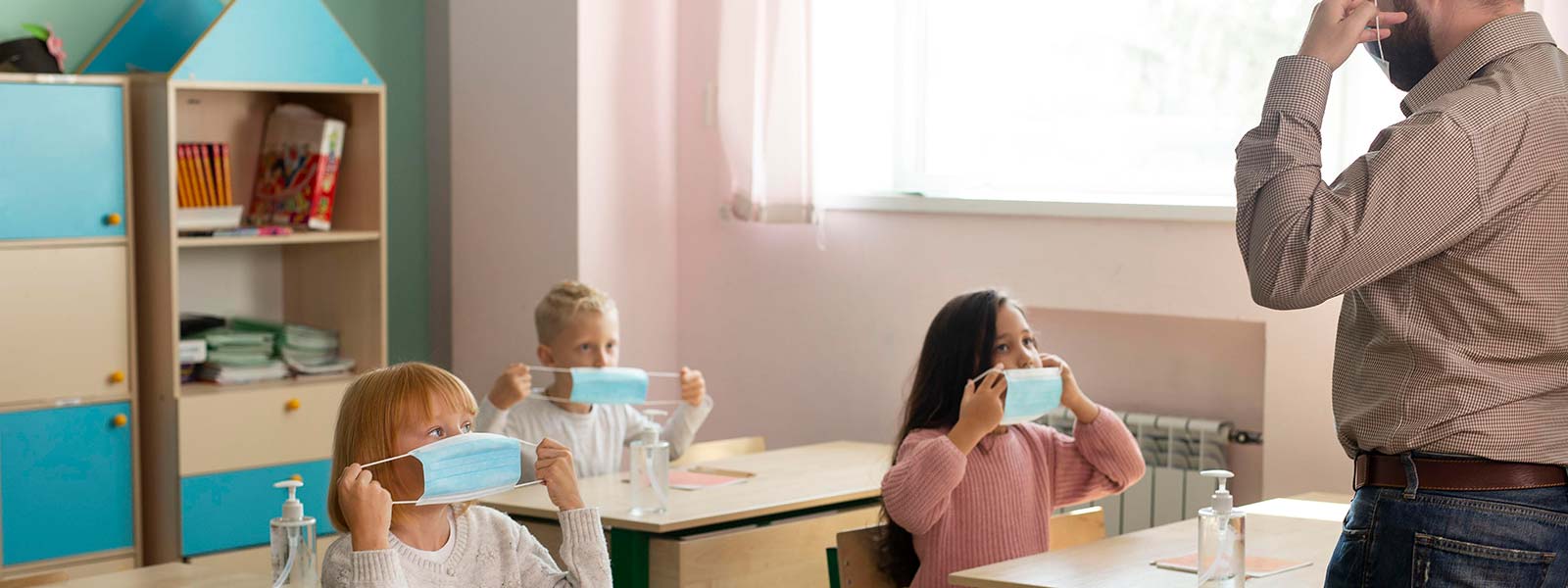School Refusal Programs
Brooklyn, New York
School refusal can be a complex challenge for children and their families, often stemming from anxiety, stress, or other underlying issues. At Interborough, we understand the multifaceted nature of school refusal and offer specialized programs tailored to each child’s unique situation. Our expert therapists work collaboratively with children, parents, and educators to address the root causes of school refusal.
Through a combination of therapeutic strategies and supportive interventions, we aim to rebuild your child’s confidence and resilience, helping them re-engage with their educational journey. Our goal is to transform school refusal from a barrier into an opportunity for growth and learning.
School refusal describes the disorder of a child who refuses to go to school on a regular basis or has problems staying in school. Children with school refusal may complain of physical symptoms shortly before it is time to leave for school or repeatedly ask to visit the school nurse. If the child is allowed to stay home, the symptoms quickly disappear, only to reappear the next morning. In some cases, a child may refuse to leave the house.
Common physical symptoms include:
- Headaches, stomach aches, nausea, or diarrhea
- Tantrums, inflexibility, separation Anxiety, avoidance, and defiance may show up too
Children with school-refusal behavior may have a specific issue or phobia underlying the need for them to be away from school. Some may include:
- Separation Anxiety
- Fear of being away from their parents
- An inordinate fear of being judged
- Fear of being called-on in class or being teased
- A fear of riding the bus
- A fear of walking past a dog or being out in a storm
- Depression

WHY IDCC?
TREATMENT OPTIONS
Nurturing Young Minds for a Brighter Tomorrow
We invite you to explore our Child Mental Health Services. Our expert team is dedicated to supporting the emotional and psychological well-being of children, helping them grow into happy, healthy individuals.